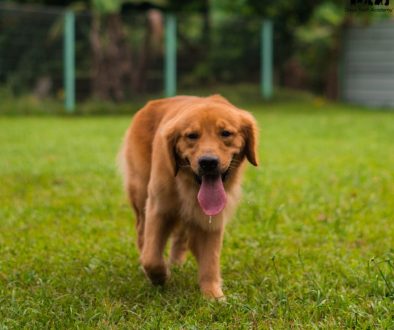Why You Shouldn’t Call Your Dog’s Name When They Misbehave
1. Positive Association: Your dog’s name should always mean something positive = attention, fun, safety, or rewards. If you use their name when scolding, they may start to associate it with negativity or punishment. Over time, this can make them ignore you or even feel anxious when they hear their name.
2. Consistency is Key: Dogs thrive on clarity and routine. If you call them by name for both praise and correction, they can become confused about what behavior is acceptable. Clear, consistent cues help them understand expectations.
3. Clear, Separate Commands: Instead of using your dog’s name to correct them, use specific verbal cues like “No,” “Leave it,” or “Stop” to redirect unwanted behavior. Keep in mind that your dog won’t understand these commands automatically, they need to be taught consistently with proper guidance. Once they respond appropriately, reward them with praise, play, or attention. This helps your dog distinguish between acceptable and unacceptable behaviors without creating negative associations.
4. Reliable Recall: You want your dog to respond immediately and happily when you call their name. If their name becomes linked to punishment, they may hesitate, which can create safety risks in situations like traffic, crowded areas, or off-leash outings.
In a nutshell, Your dog’s name should always be associated with positive experiences, not fear or punishment. For persistent behavior issues, a professional dog trainer can provide guidance and structured support using balanced, humane methods.
If your dog’s still misbehaving despite your best efforts, it’s time to call in the pros… aka us! 😉

